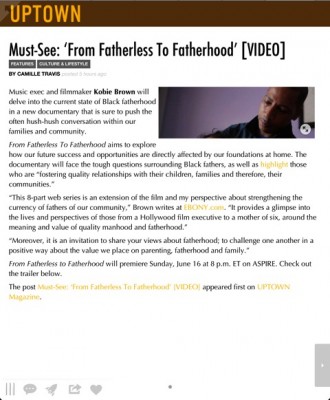
Author: abel27z805558402


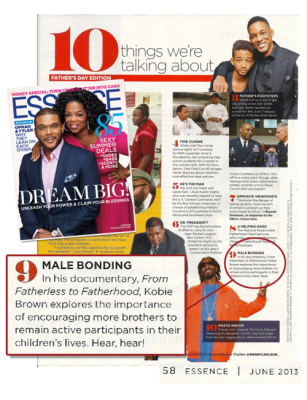
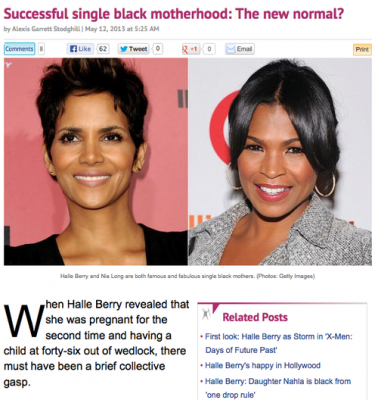
“No amount of money can replace the value that both parents, or in this case, a prepared father or male figure can bring to a child’s life,” Brown told theGrio in an email. “The confluence of single female parents and absent fathers has resulted in far too many young people growing up having no relationship whatsoever with their dads. Many of our children are finding very few examples of what authentic fatherhood, manhood and family structure look like. I believe the absence of these examples has also impacted the rate at which successful nuclear families are being created.” – Kobie Brown
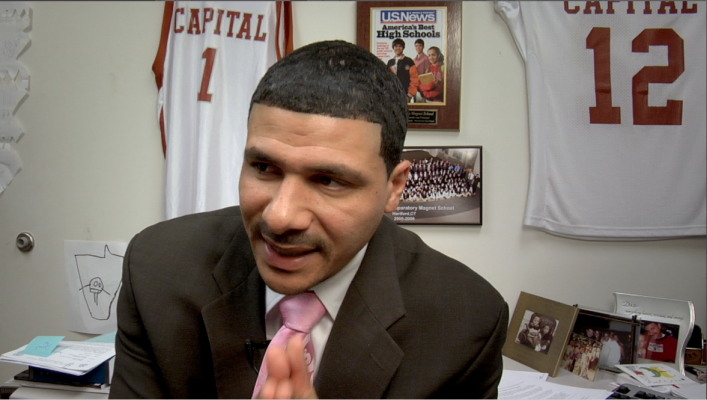
Founder of Capital Prep in Hartford, CT, and nationally known for Save My Son, Dr. Steve Perry is no stranger to working with parents and educating children. He’s also no stranger to quality fatherhood & parenting.
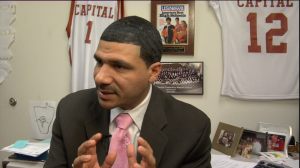
In this outtake from our forthcoming film, FROM FATHERLESS TO FATHERHOOD, Dr. Perry overs his perspective on parenting and the bond between father and child. He exclaims, “no selfish person can be a good parent.” What do you think?
Watch clip here:
STREAM THE FILM TODAY
Stream From Fatherless to Fatherhood here:
FROM FATHERLESS TO FATHERHOOD – Trailer from The Kobie Chronicles. on Vimeo.
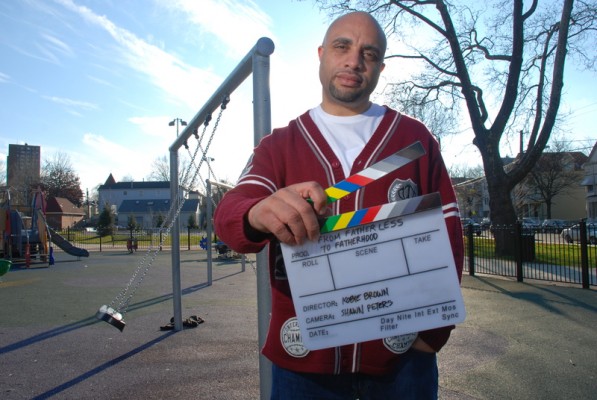
Kobie Brown an East Orange, N.J., native, music executive and Morehouse College gradudate, harnessed his experiences watching his friend’s fatherless childhood to create his From Fatherless to Fatherhood documentary. While at first probing the all-too-common single-parent household phenomenon in the black community, From Fatherless to Fatherhood also provides a stark contrast; positive black dads are shown not only caring for their children but mentoring, loving and teaching them. Add a few celebrity cameos from black leaders and entertainers alike, and you’ve got an insightful piece aimed at sparking conversation. Brown recently spoke with rolling out in detail about his documentary and what he hopes to accomplish with the film. –danielle canada
What inspired you to make this film?
A number of things inspired me to create this film, including single parenthood being the greatest predictor of poverty; the black unemployment rate; and the social, economic and political toll that father absence takes on our community. I believe that more often than not, father absence and fractured families sits at the center of each of these hurdles. It’s difficult to create and sustain black-owned businesses that stabilize neighborhoods when so many children are not doing well in school. That’s because it’s often difficult to convince a child who is growing up poor that school is important when he or she is persuaded by the access to money and sense of acceptance and family that they can find in the street. It’s equally difficult to teach people, rich, middle class or poor, the value of healthy relationships or what authentic manhood looks like when so many are growing up without observing or having relationships with strong fathers. While racism can surely be blamed, men and women make choices that determine the extent of a father’s involvement in a child’s life. I felt that a film was a good way to show the impact of father absence, while also providing examples of men who are actively involved in their children’s lives, and the role that strong fathers and families play in strengthening humanity, as well as our entire community.
What do you feel is the biggest misconception about black fathers?
One of the biggest misconceptions is that black fathers are anomalous, that there are not strong men rearing and leading children. My grandfathers worked in cotton and steel mills; one became a preacher and eventually owned his own cab stand. Both reared children that became businessmen, executives, educators, lawyers, athletes and professional sports coaches. Each child transcended the economic and educational circumstances of their parents and grandparents. Black men and fathers play a vital role in advancing their families, community and legacy.
Of all the fathers you spoke with, which story had the biggest impact on you?
All of the stories were compelling, and some moved me and others to tears; but … I was most deeply impacted and inspired by Kevin Mason, my classmate from Morehouse College. Kevin described being excited about the gift that he received on his 6th birthday from his dad; a pair of designer pants, followed by his father’s promise to have those pants altered and returned. As Kevin explained, that was the last time he saw those pants, and the last he saw of his father. Kevin’s story changed my life and his journey proves that those who grow up without their fathers are not trapped or defined by those circumstances, and that all have the capacity to achieve tremendous things.
Ultimately what do you want viewers to learn from this film?
This film transcends race and speaks to many because, regardless of the relationship, each of us has a father. There are far too many children and adults struggling with the fallout of failed or nonexistent relationships with their fathers or children. The streets of places like Chicago, St.Louis, New Orleans and Newark, [N.J.], are running red with the blood of children who are dealing with the unresolved issues created by weakened families.The lesson that I’d like all to learn is what fatherhood means, how one prepares for it, what it looks like, and why it matters.
TRAILER
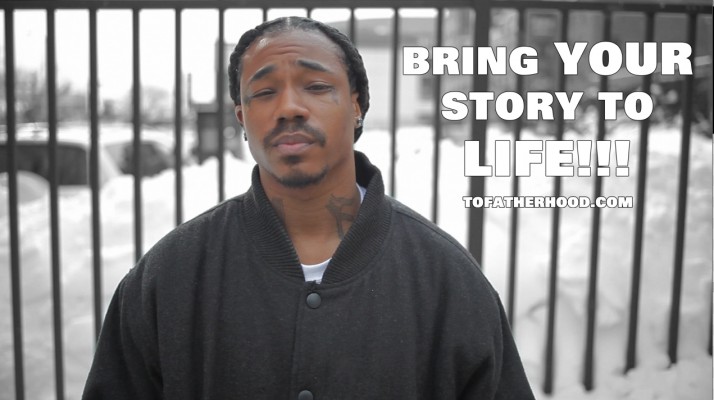
In this outtake from FROM FATHERLESS TO FATHERHOOD, DaShaun “Jiwe” Morris, offers insight in what it means to grow up with a gang in place of having a father and as a result of seeking those who would invest in him.
WATCH HERE:

In this clip, actor Willie Teacher reveals what it means to be a father, in real-time. Please join us as we continue to explore authentic fatherhood; what it looks like, what it means, and why it matters.
Watch video here:
Stream From Fatherless to Fatherhood here:
